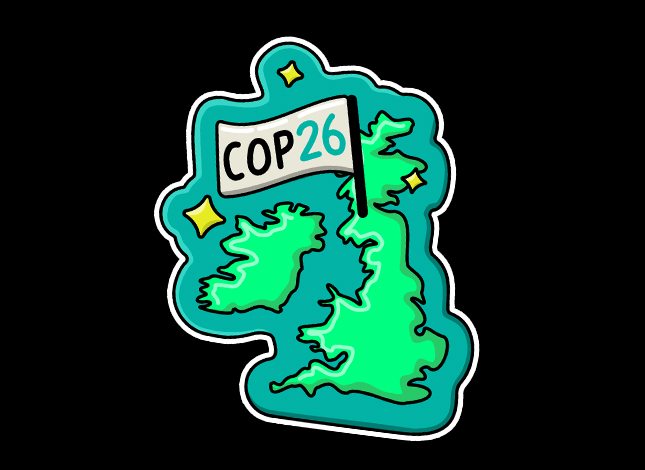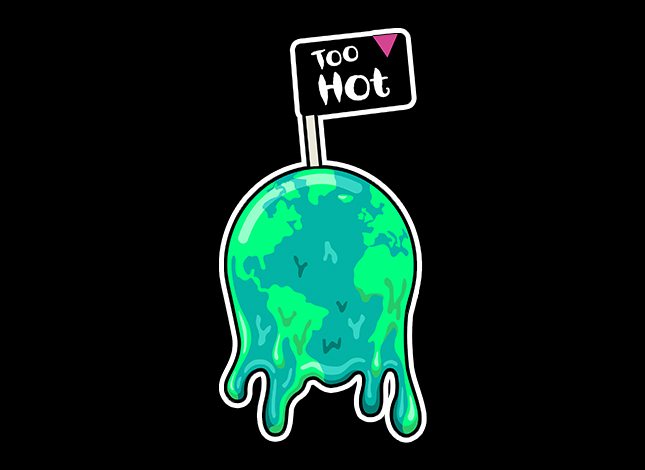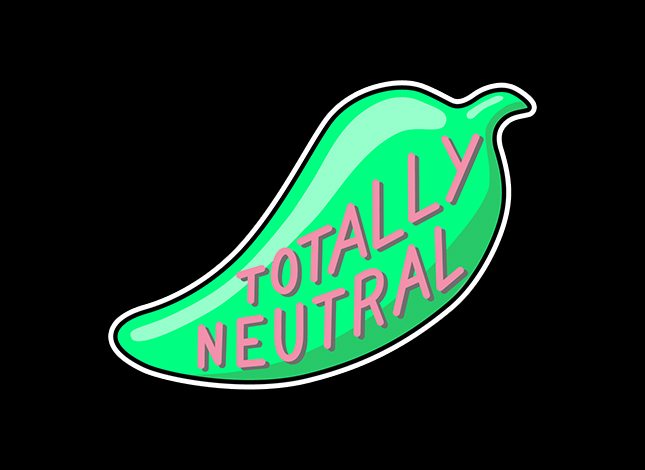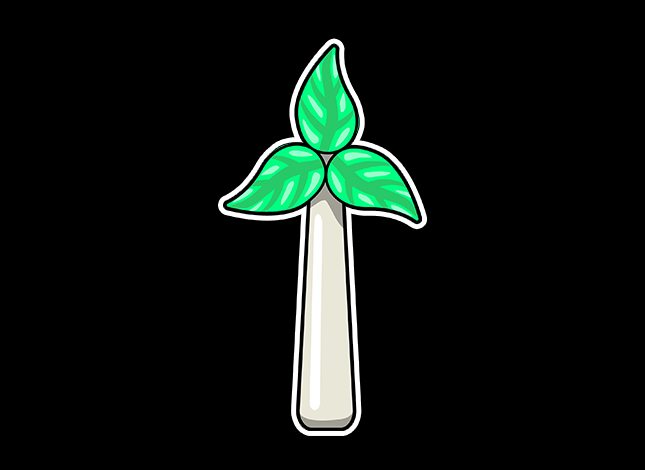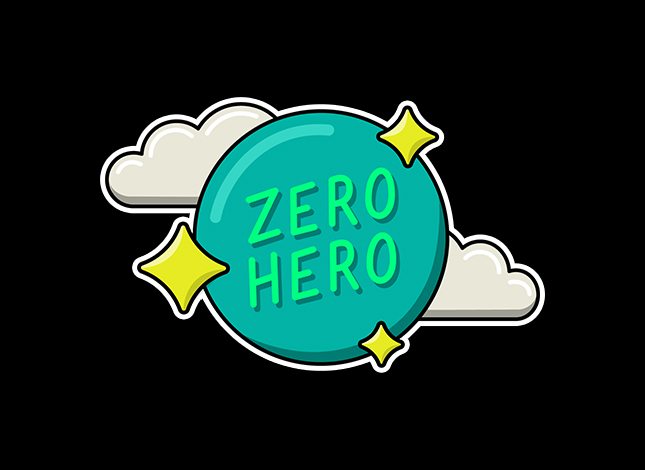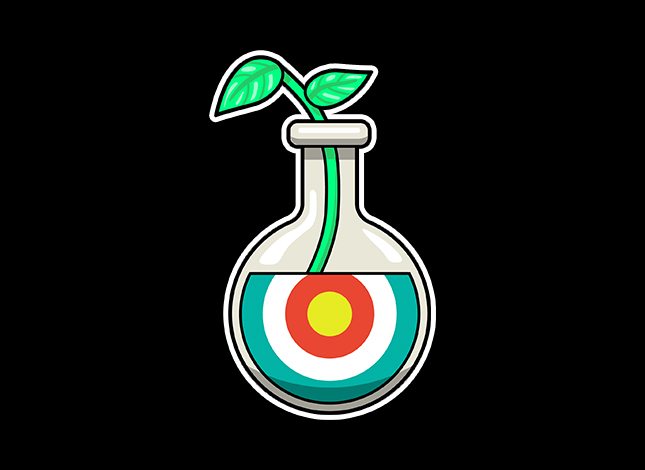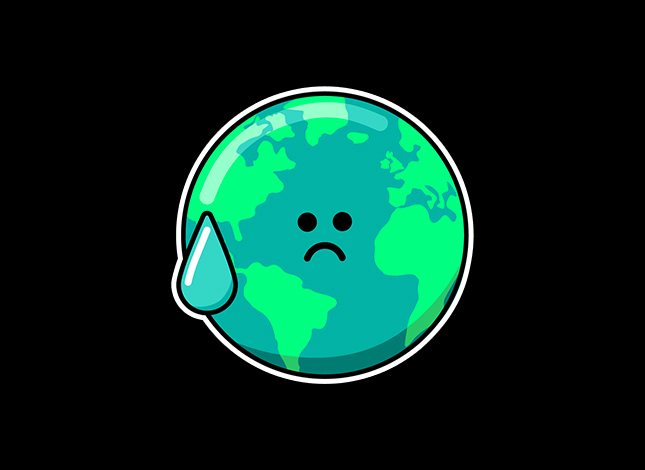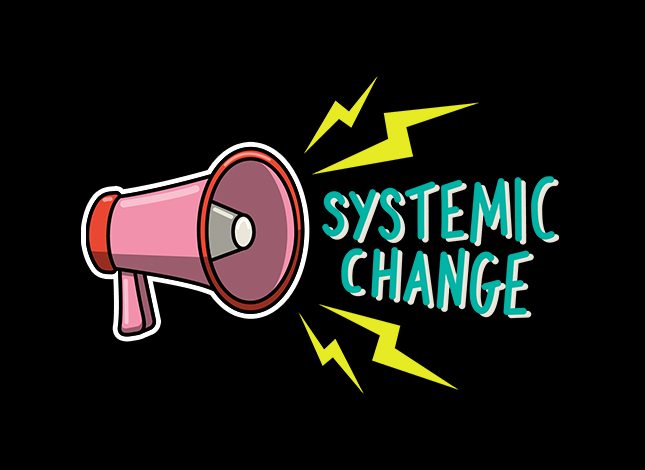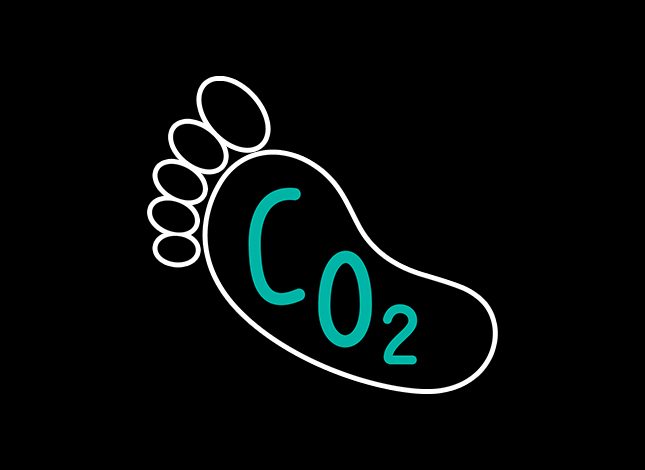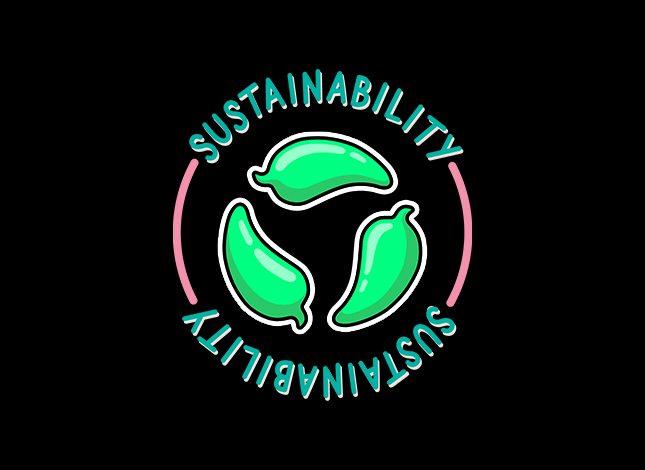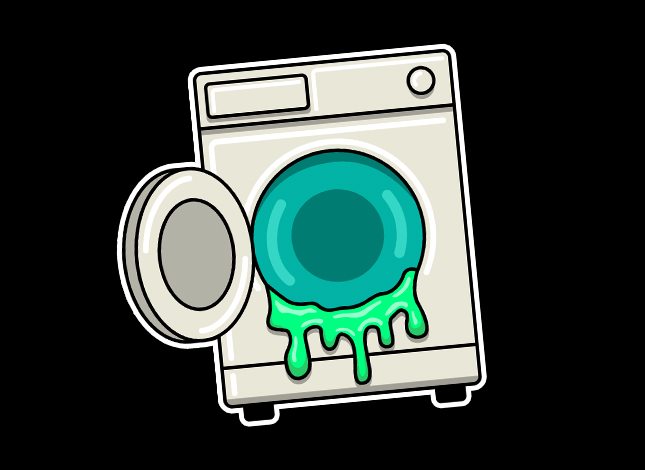The climate crisis is unequal. The world’s richest 10% have been responsible for over half of carbon emissions. And those least responsible are often the most vulnerable to the impacts of a changing climate. Climate justice means responding to the climate crisis in a way that fixes the unfairness by creating fair policies and actions that help those who’ve been hit hardest.
- Big business owners won’t even feel the impacts of the climate crisis. Yet they’re the ones responsible?!
- Don’t even get me started.
- I’m just grateful for the organisations pushing for climate justice.
- Same.
How do you achieve climate justice?
There are a few ways you can achieve climate justice. Here are just a few that could make a big difference:
1. Recognising climate change victims
2. Reinforcing human rights
3. Making sure businesses and corporations are doing their bit
4. Make sure the trade system is set up to help climate justice.
5. Strengthening international institutions (such as the United Nations)
What is climate justice?
Climate justice is all about the ethics behind climate change and focuses on things like equality, human rights, collective rights and historical responsibilities for climate change.
Why is climate justice important?
Climate justice is important because the emissions of one country or group have global consequences. Climate change has no borders, which is why climate justice helps to combat the unfairness of countries or groups who’ve contributed the least to climate change but are the most at risk.

